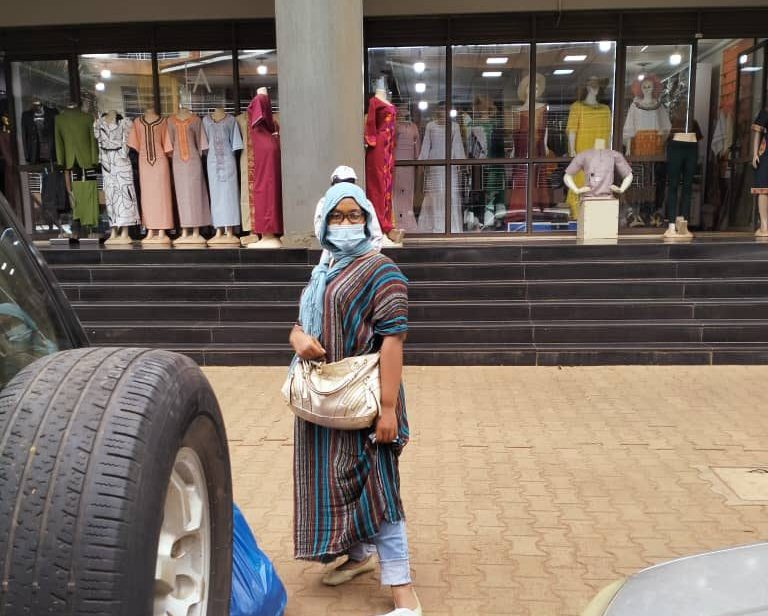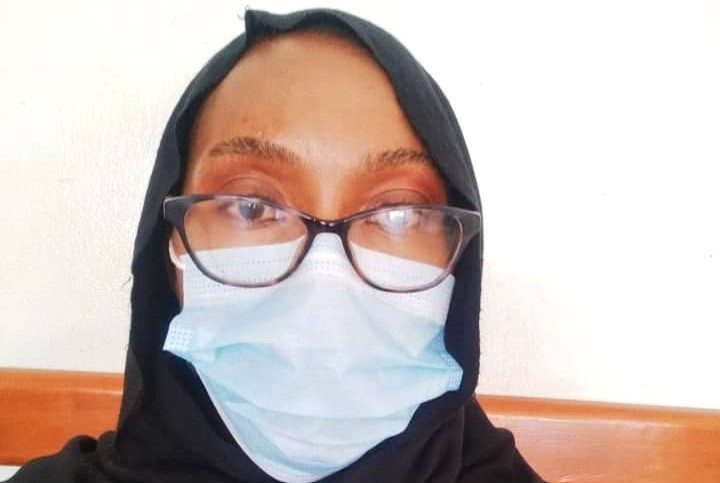Kampala’s streets hold a complex reality for women. Certain areas, while essential for errands, expose us to catcalls, unwanted advances, and even physical assault. Haggling can become a minefield, with prices inflated based on our appearance.
Frustrations of not being able to run errands as freely as our male counterparts sets in. We shouldn’t have to navigate public spaces in uncertainty.
Yet, the reality bites. So, I adapt. How? by employing “the power of camouflage,” a strategy many women in Kampala may understand.
One day, fed up with the potential disregard for my jeans and mohawk hairstyle, I made a plan. I threw on a long, simple dress (deria), a headscarf and a mask over my face, thinking it might tone things down. Little did I know, I’d accidentally become identified as “Hajati” (Muslim lady). It took some getting used to, but what really struck me was the touchy guy was gone! And the haggling? It became a fairer game, a respectful exchange.

It became clear that being perceived as Muslim woman offered a shield, a layer of unexpected protection. This wasn’t the first time- I noticed, they collected a touch more respect than my tinted hair. This raises troubling questions though. What of those who choose not to “disguise” themselves? Are they stuck as easy targets? Must we alter our appearance for basic safety and comfort shopping? Is this a sad “armoury” we’re forced to carry, just to feel a semblance of security?
The truth is, even with my advanced education and social status, parts of my country can feel unsafe at times. Disguise has become my uneasy necessity, a way to project a different persona, one that gets respect, but sometimes pity too. I love expressing myself through clothes, especially in certain areas. But when push comes to shove, my safety comes first.
This story isn’t just mine, it’s the story of countless women, highlighting the challenges they face in public spaces around the world. While “camouflage” can offer a temporary solution, true reformation requires a societal shift towards prioritizing women’s safety and dismantling the culture of harassment.
We need to foster open conversations about gender equality and empower women to walk the streets confidently, without fear. This is not just a women’s issue; it’s about creating a more just and inclusive society for everyone.
How do you feel when you walk the streets? secure/insecure, or it depends?

